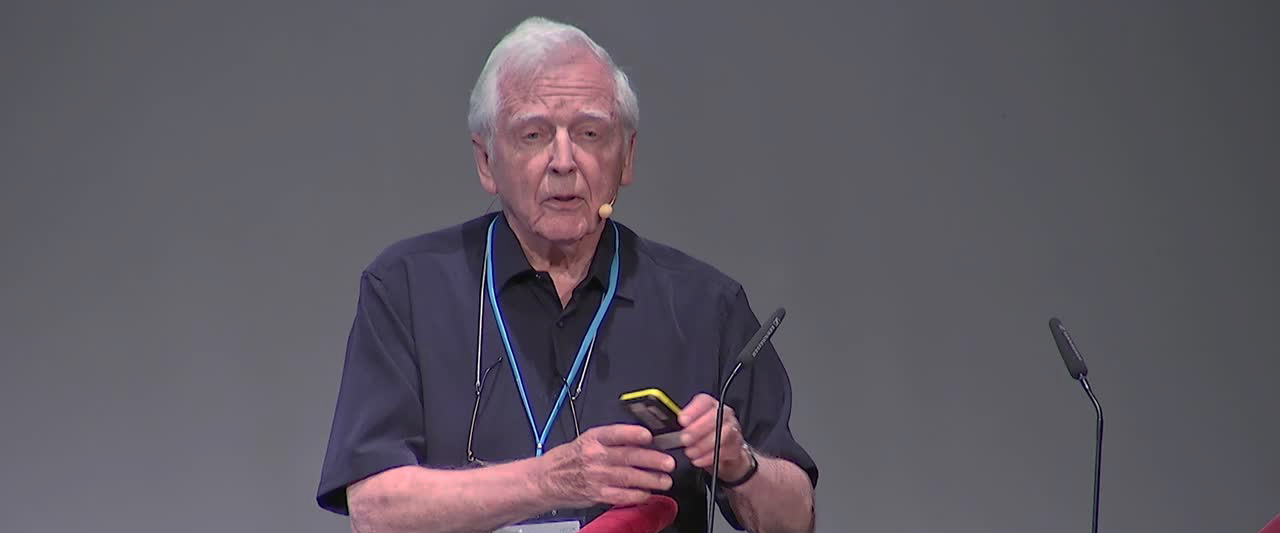21th March 2017.
Mariagrazia Pizza, GSK Vaccines, Siena
Abstract
Since the beginning of human evolution, approximately 3 million years ago to the mid 1700’s, life expectancy has been between 25 and 35 years. Today is more than 80 years. One of the major contributors in the increase in life expectancy has been the use of vaccines in preventing infectious diseases. However, most of the vaccines available today, although very effective, have been developed at the end of last century using conventional technologies. The vaccinology field is evolving very rapidly, with the modern technologies providing alternative ways in designing improved vaccines or novel vaccines against infections for which preventive measures do not exist. Today is possible to identify new antigens directly from the genome (Reverse Vaccinology), and apply a structure-based design to deliver more stable and more immunogenic antigens (Structural Vaccinology). The Reverse Vaccinology approach has been instrumental for the development of a new vaccine against Neisseria meningitidis serogroup B, a bacterium causing a devastating disease characterized by meningitis and sepsis.
Biography
Mariagrazia Pizza was educated as a pharmaceutical chemist at the University of Naples, Italy. After a fellowship at the EMBL laboratories in Heidelberg, Germany, she moved to Siena, Italy, where she stayed ever since as a scientist and Project leader, responsible for many bacterial projects. During this period, she has contributed to the discovery and licensure of two innovative bacterial vaccines, against pertussis and meningococcus B. She is currently a Discovery Project Leader at the Research and Development Centre of GSK Vaccines, in Siena. During her career, she received many scientific awards. She is co-author of over 180 publications in International peer-reviewed journals and over 150 patents.
All College students are warmly encouraged to participate. The poster of the seminar can be downloaded here.
Image: Scanning electron micrograph of N meninigitidis, a bacterium causing meninigitis.












